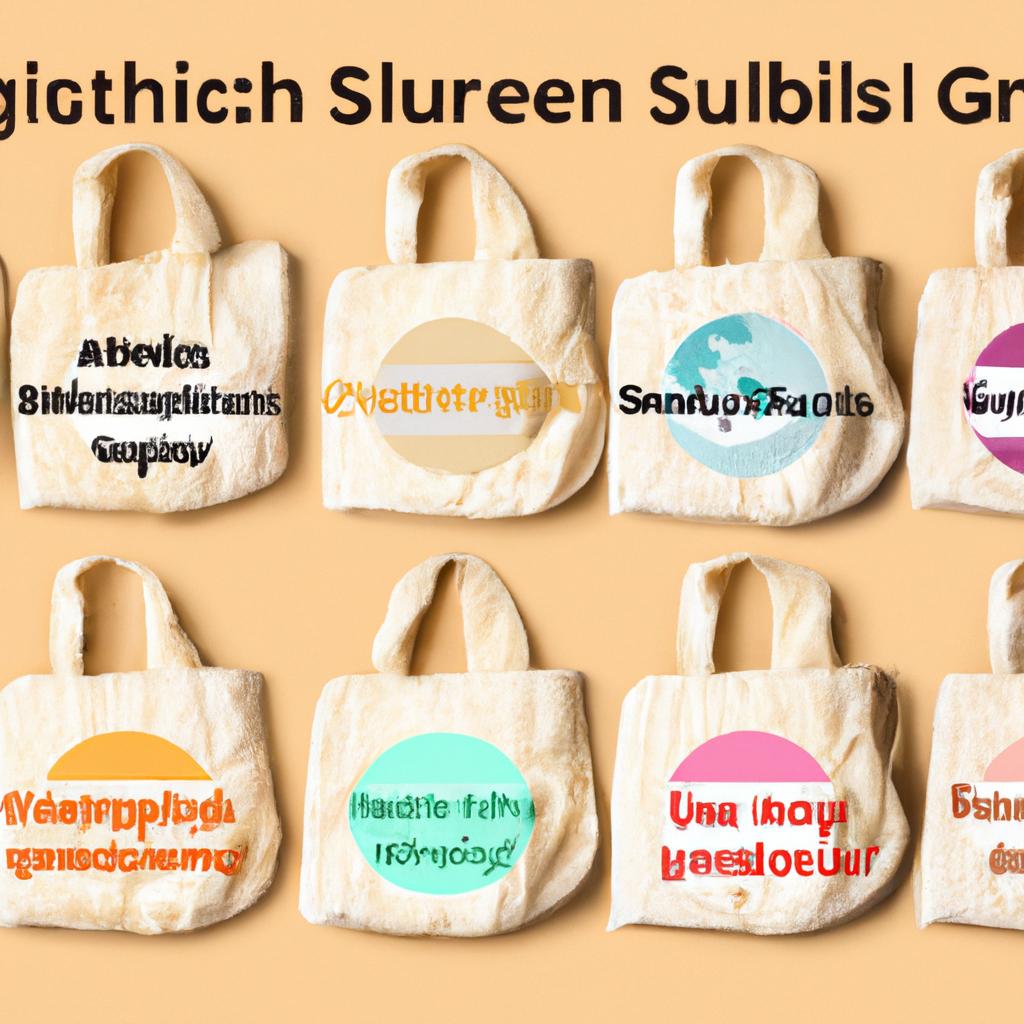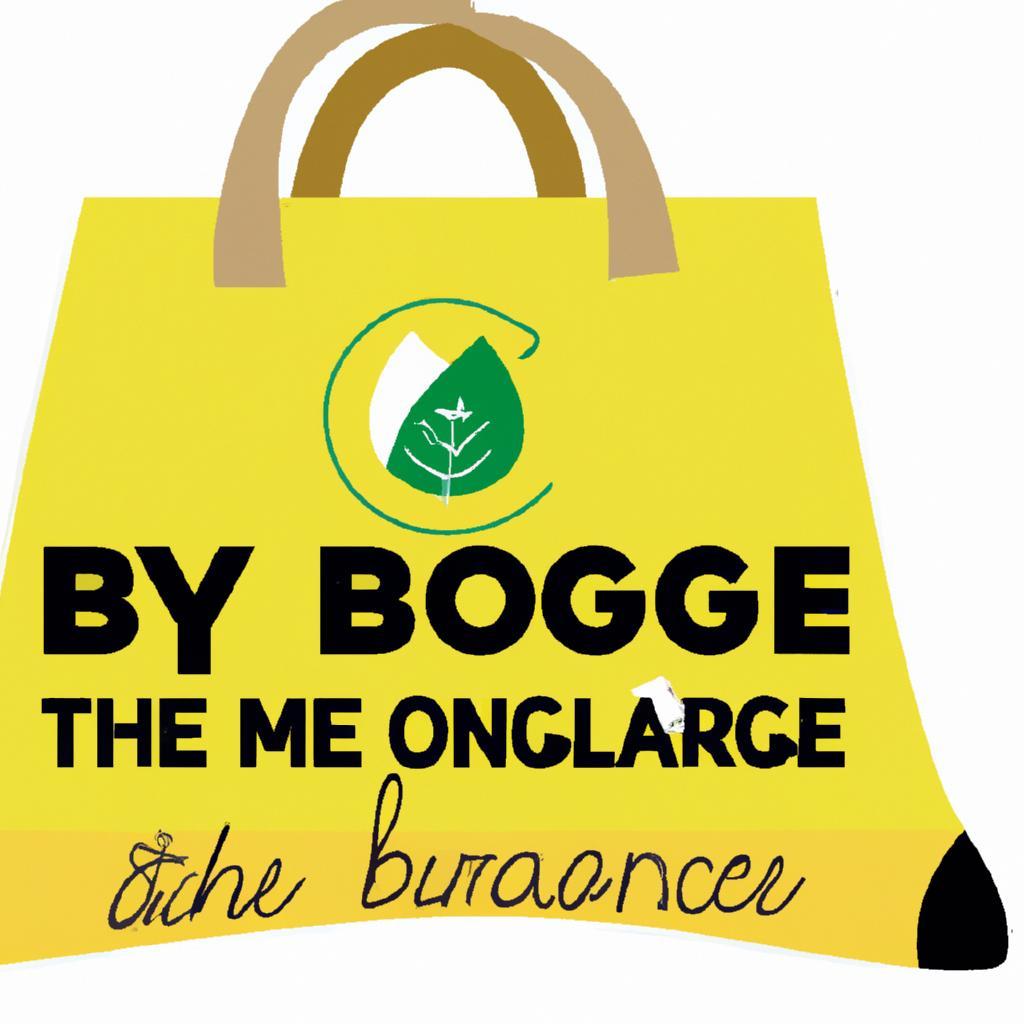In a world increasingly defined by environmental challenges, a quiet revolution is taking place, one reusable bag at a time. The movement towards “Bring Your Own Bag” initiatives is gaining momentum across the globe, as individuals, communities, and governments alike rally to combat the pervasive issue of plastic waste. From bustling urban markets to serene rural villages, the call for eco-friendliness is echoing louder than ever. This article explores the rise of these initiatives, examining their roots, successes, and the transformative power they hold in reshaping consumer behavior and promoting sustainability. As we delve deeper, we will uncover the stories behind this burgeoning movement, offering insights into how seemingly small personal choices can lead to significant environmental impacts. Join us as we celebrate the commitment to a greener future and the collective journey toward eliminating single-use plastics from our lives.
The Global Shift Towards Sustainability and Its Impact on Bag Use
The global consciousness surrounding environmental issues has catalyzed an impressive shift in consumer behavior, significantly impacting bag usage across various regions. Initiatives promoting the notion of “Bring Your Own Bag” (BYOB) have gained traction, encouraging shoppers to ditch single-use plastic bags in favor of sustainable alternatives. As more organizations implement stricter regulations on plastic usage, the adoption of reusable bags has surged. Countries that once heavily relied on plastic bags are now witnessing a transformation steeped in eco-friendliness, as communities rally around their commitment to reduce waste and lower carbon footprints.
This trend is not merely a localized phenomenon; it has become a worldwide movement, uniting individuals through a shared commitment to sustainability. Some key factors driving this transition include:
- Government Policies: Many countries are enacting laws to ban or limit plastic bag use.
- Consumer Awareness: Growing awareness of environmental issues is pushing consumers toward sustainable choices.
- Innovative Alternatives: The emergence of biodegradable and reusable bag options encourages adoption.
As a testament to the rising popularity of BYOB initiatives, the following table illustrates recent statistics on bag alternatives across various nations:
| Country | Reusable Bag Usage (%) | Plastic Bag Ban Status |
|---|---|---|
| Germany | 76% | Nationwide Ban |
| France | 70% | Plastic Bag Ban |
| Canada | 60% | Varies by Province |
| USA | 45% | State-Specific Regulations |
These statistics underscore the collective movement toward sustainability as more people engage in responsible shopping practices. Ultimately, the evolution towards eco-friendly bag usage not only illustrates changing consumer preferences but also reflects a broader commitment to safeguarding the planet for future generations.

Innovative Approaches in BYO Bag Campaigns Around the World
Across the globe, municipalities and organizations are harnessing the power of creativity to promote bring-your-own-bag (BYO bag) initiatives. In places like **California**, local shoppers are embracing the charming concept of “bag libraries,” where reusable bags are available for public borrowing at grocery stores and community centers. Meanwhile, **Taiwan** has revolutionized its BYO bag campaign by incentivizing eco-friendly practices with a rewards system, offering discounts for customers who bring their own bags. These approaches not only elevate awareness about the harmful impact of single-use plastics but also foster a culture of sustainability, encouraging individuals to make conscientious shopping choices.
To further amplify the message, innovative designs and engaging advertising campaigns have become popular strategies. In **Germany**, vibrant artworks and humorous slogans are now adorning reusable bags, transforming them into conversational pieces that carry both practical utility and artistic flair. Additionally, eco-conscious brands in **Japan** are launching limited-edition bags in collaboration with local artists, turning the act of shopping into a stylish statement. Such initiatives not only promote the adoption of sustainable alternatives but also celebrate local culture and creativity. As these initiatives gain momentum, they illuminate a path toward a more sustainable future, inspiring communities to rethink the way they shop.

Practical Steps for Individuals to Support Bring Your Own Bag Initiatives
To actively contribute to the success of Bring Your Own Bag initiatives, individuals can easily incorporate several practical habits into their daily routines. First and foremost, **selecting bags that resonate with your personal style** not only makes the act of bringing a bag more enjoyable but also encourages regular use. Consider choosing durable, reusable bags made of sustainable materials that will stand the test of time—this way, you reduce waste and promote eco-friendly practices. Additionally, **keeping a bag handy** is crucial; store a foldable tote in your car, purse, or backpack so that it’s always accessible whenever you need to go shopping.
Another effective way to support these initiatives is to **spread awareness in your local community**. Engage friends and family in discussions about the environmental benefits of reducing single-use plastics and share strategies for integrating reusable bags into their lives. You could even organize small workshops or community events to showcase how easy and stylish it can be to shift towards a more sustainable lifestyle. Furthermore, **advocating for local businesses** that enforce or encourage Bring Your Own Bag policies can amplify the impact. Use social media platforms to celebrate these businesses, creating a ripple effect that inspires others to follow suit.
Closing Remarks
As we draw the curtain on our exploration of the Bring Your Own Bag initiatives sweeping across the globe, it becomes clear that this trend is more than just a reaction to plastic pollution; it’s a movement toward sustainable living. Each reusable bag tells a story—of choices made, habits shifted, and communities inspired. As we embrace eco-friendliness, the simple act of carrying your own bag transcends mere practicality; it symbolizes a collective commitment to nurture our environment.
The rise of these initiatives is just one illustration of our growing awareness and responsibility towards the planet we inhabit. With each bag in hand, consumers wield the power to effect change, turning individual actions into a unified call for sustainability. Whether you’re strolling through a local market or navigating a global shopping outlet, remember—your choice matters.
So, the next time you pack your reusable bag, you’re not merely preparing for a shopping trip; you’re participating in a broader narrative of environmental consciousness. Let’s carry this momentum forward, championing initiatives that promote a greener future for generations to come. Together, we can reshape our relationship with consumption, making eco-friendliness the norm rather than the exception.
